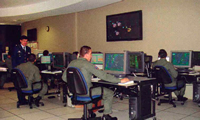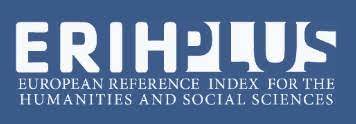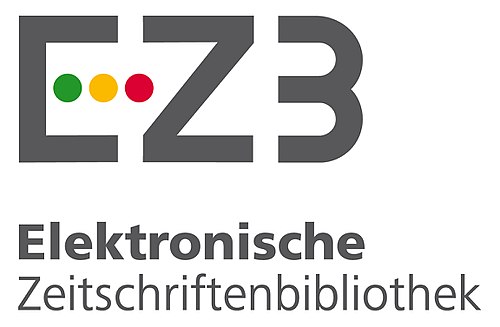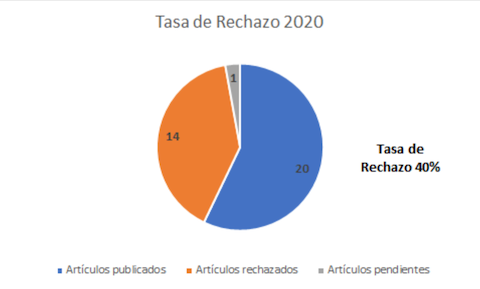Planeación por escenarios en la FAC
DOI:
https://doi.org/10.18667/cienciaypoderaereo.78Abstract
The future has always been the object of study when we try to guarantee our survival, because knowing the future undoubtedly gives us an unsurpassable advantage over others and the environment. lt is impossible to guess the future but it is possible to analyze the past and present to try to discover the evolution of the history. Prospective believes that the future is explained from the present, and this in turn from the past. This relation allows us to build our tomorrow, through the analysis of social, economic, cultural, environmental and polítical factors that undoubtedly affect historical development, tanking us to a systemic and complex vision of the world. Prospective makes human beings and their institutions into protagonists of their own history, to build the tomorrow.
Downloads
References
BERGER, Gaston. Phénomenologie du temps et prospective. 18 Edicion. París_ Presses Universitaries de France, 1964, 360 p.
DEJOUVENEL, Bertrand. El arte de la conjetura. 18 edición. Madrid: Rialpe, 1996. 250 p.
GODET, Michel. De la anticipación a la acción. 18 edición, Bogotá: Alfaomega. 1990. 360 p.
GODET, Michel. Manuel de Prospective Stratégique. 18 Edición. Paris: Dunond. 1999 420 p.

Downloads
Published
Issue
Section
License
Assignment of Copyrights
Authors assign Ciencia y Poder Aéreo journal the exclusive rights (reproduction, distribution, public communication, and transformation) to exploit and commercialize their work, in whole or in part, in all the formats and modalities of present or future exploitation, in all languages, throughout the life of the work and throughout the world.
All contents published in Ciencia y Poder Aéreo journal are licensed under a Creative Commons Attribution 4.0 International License, whose complete information is available at http://creativecommons.org/licenses/by/4.0/
Under the terms of this license, users are free to download, print, extract, archive, distribute and publicly communicate the content of articles, provided that proper credit is granted to authors and Ciencia y Poder Aéreo, scientific journal of the Graduate School of the Colombian Air Force. Except when otherwise indicated, this site and its contents are licensed under a Creative Commons Attribution 4.0 International License.
For other uses not considered under this license it is required to contact the Director or the Editor of the journal at the e-mail address cienciaypoderaereo1@gmail.com.
The Graduate School of the Colombian Air Force and this publication are not responsible for the concepts expressed in the articles, including the metadata or the affiliation stated by authors. This is the full responsibility of the authors.





















